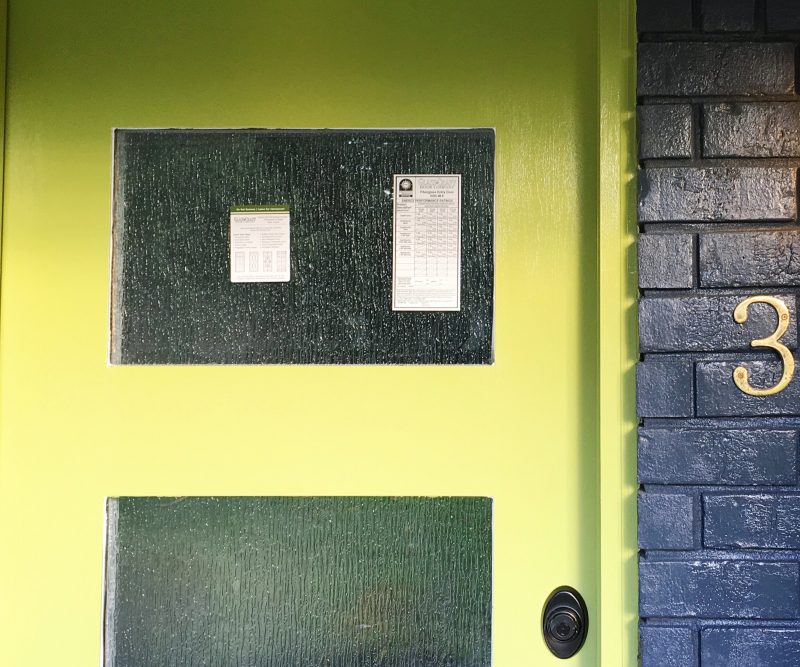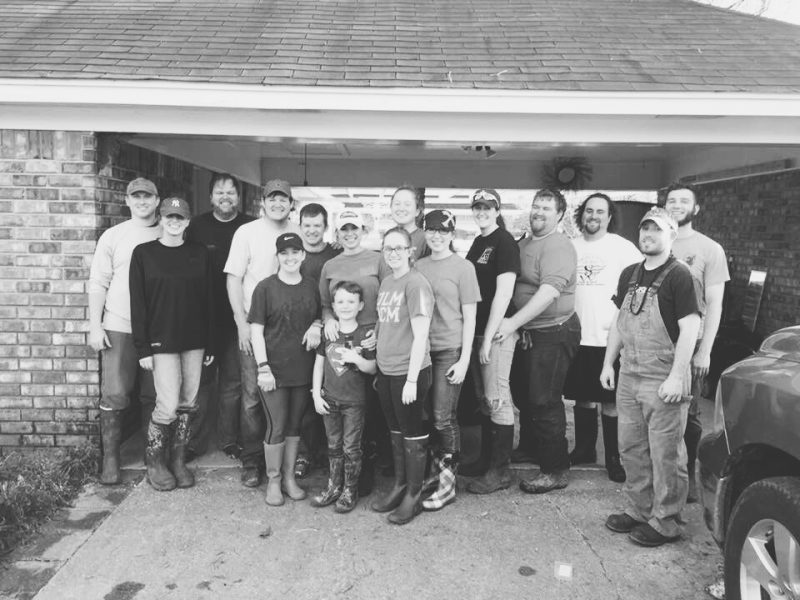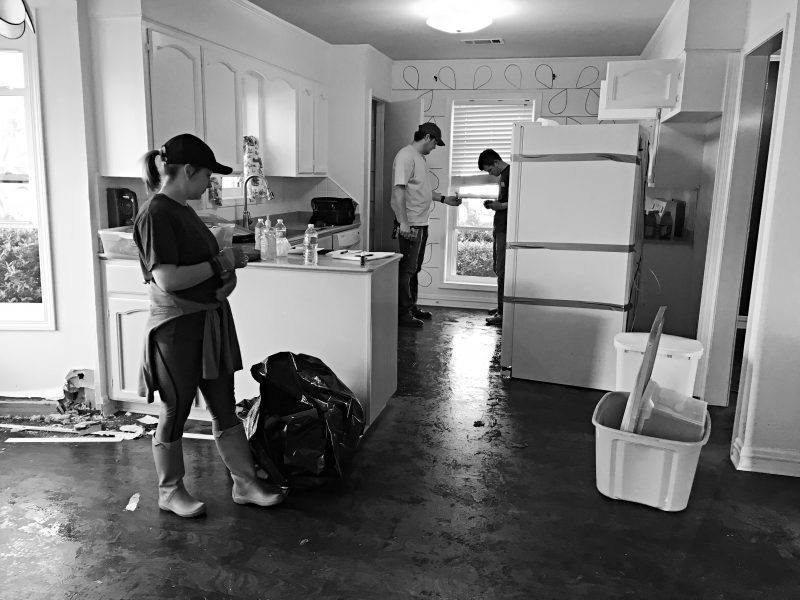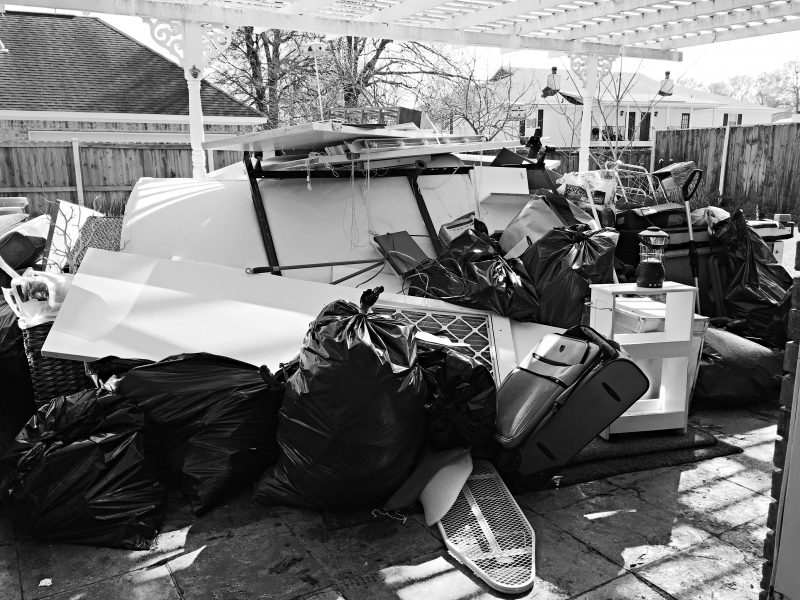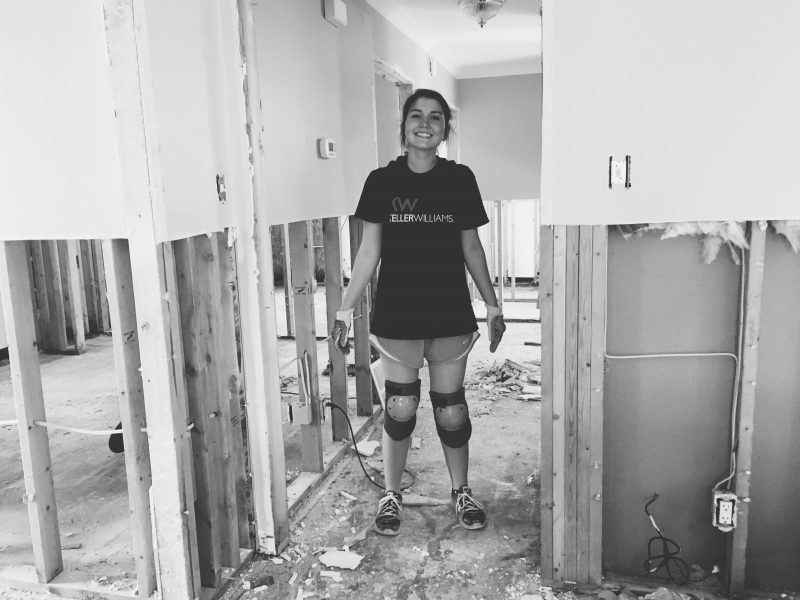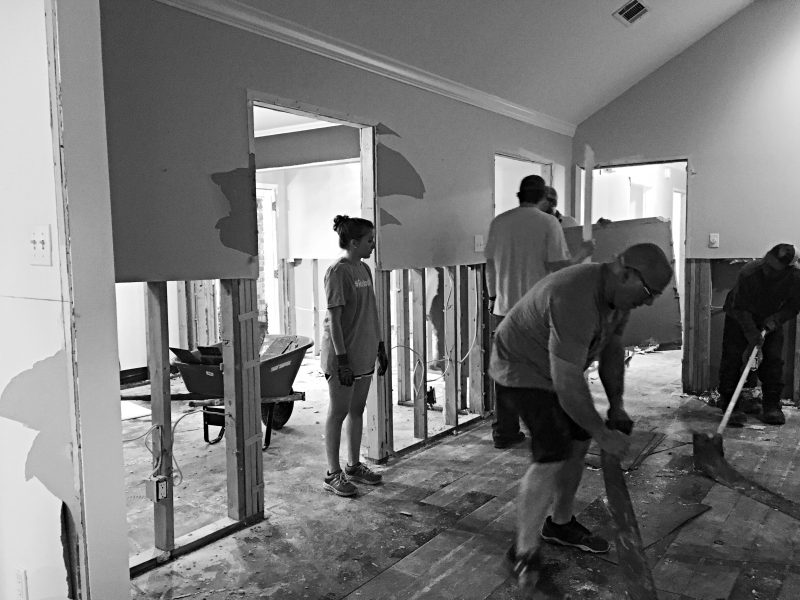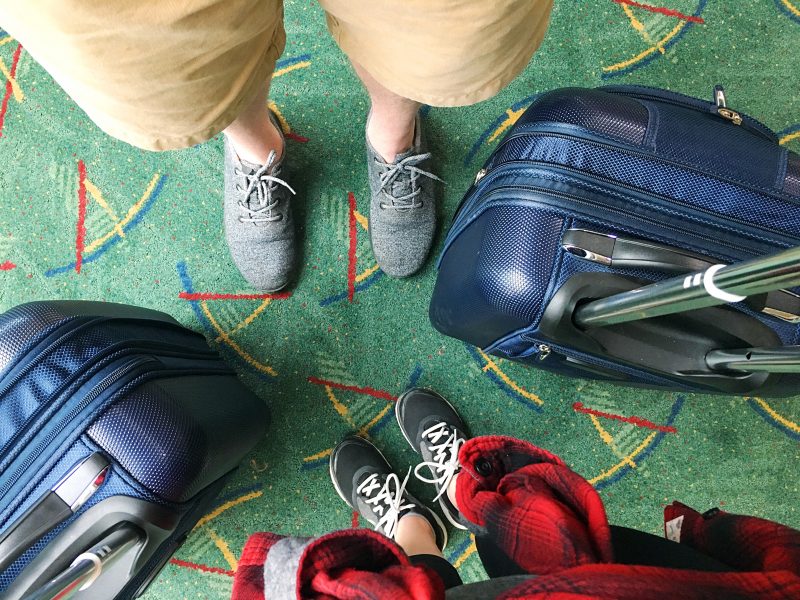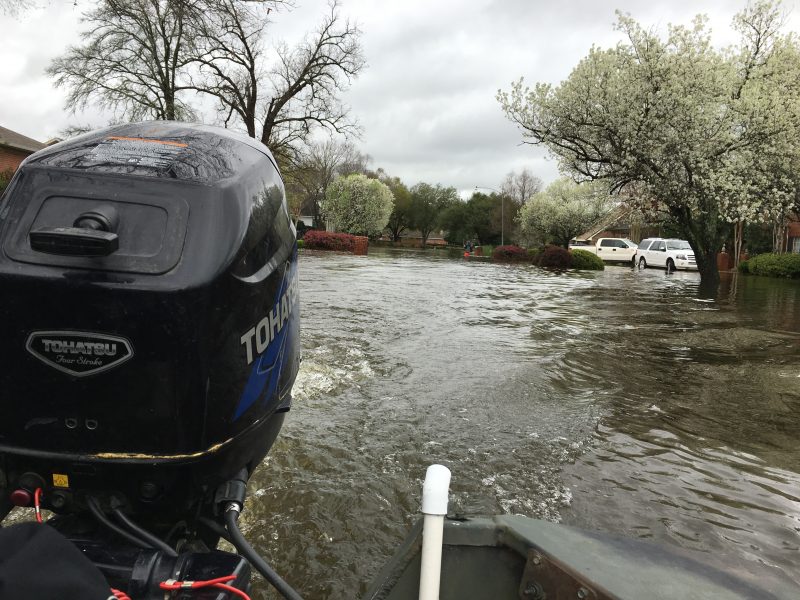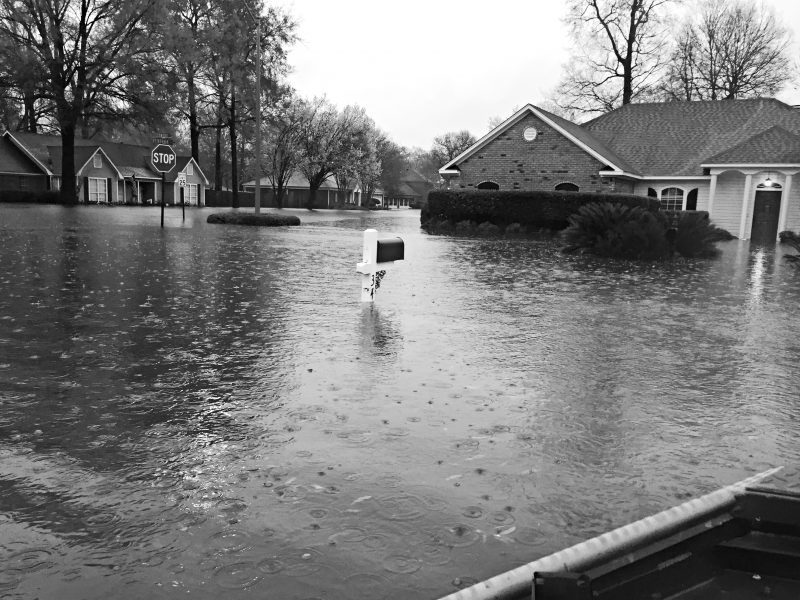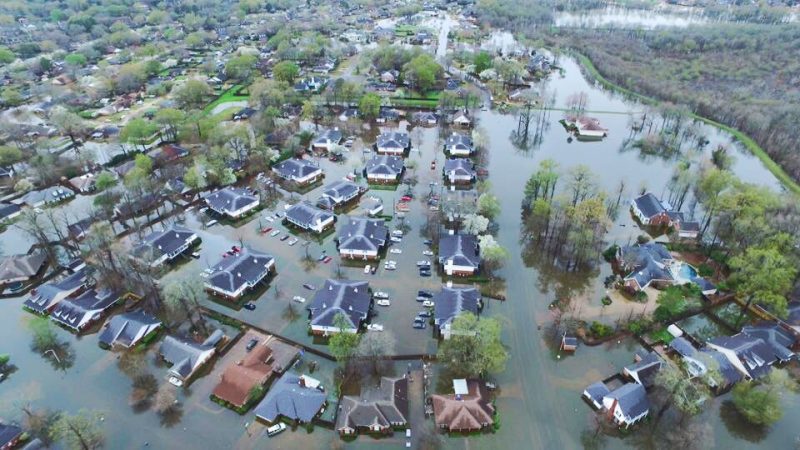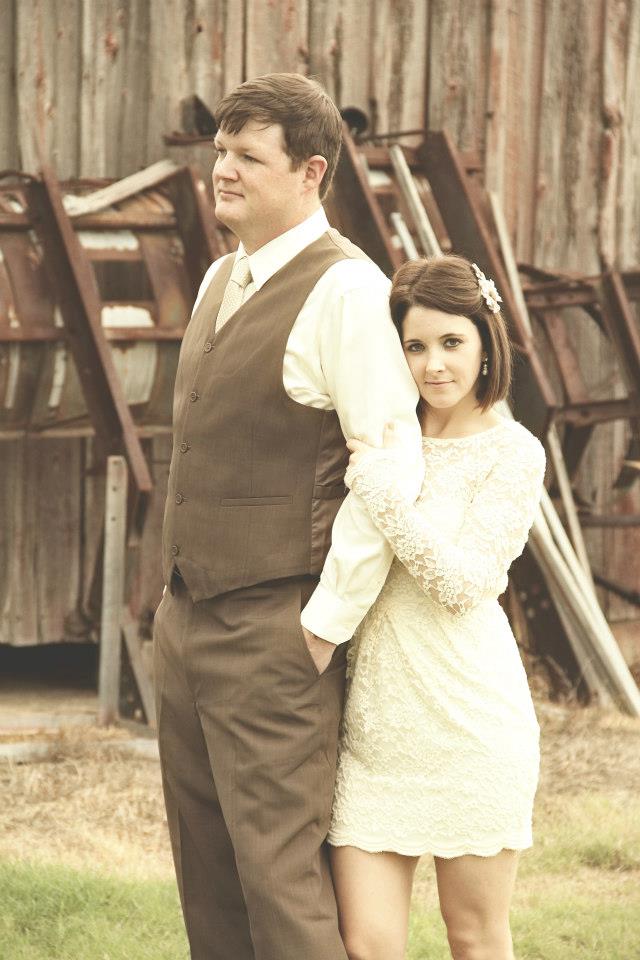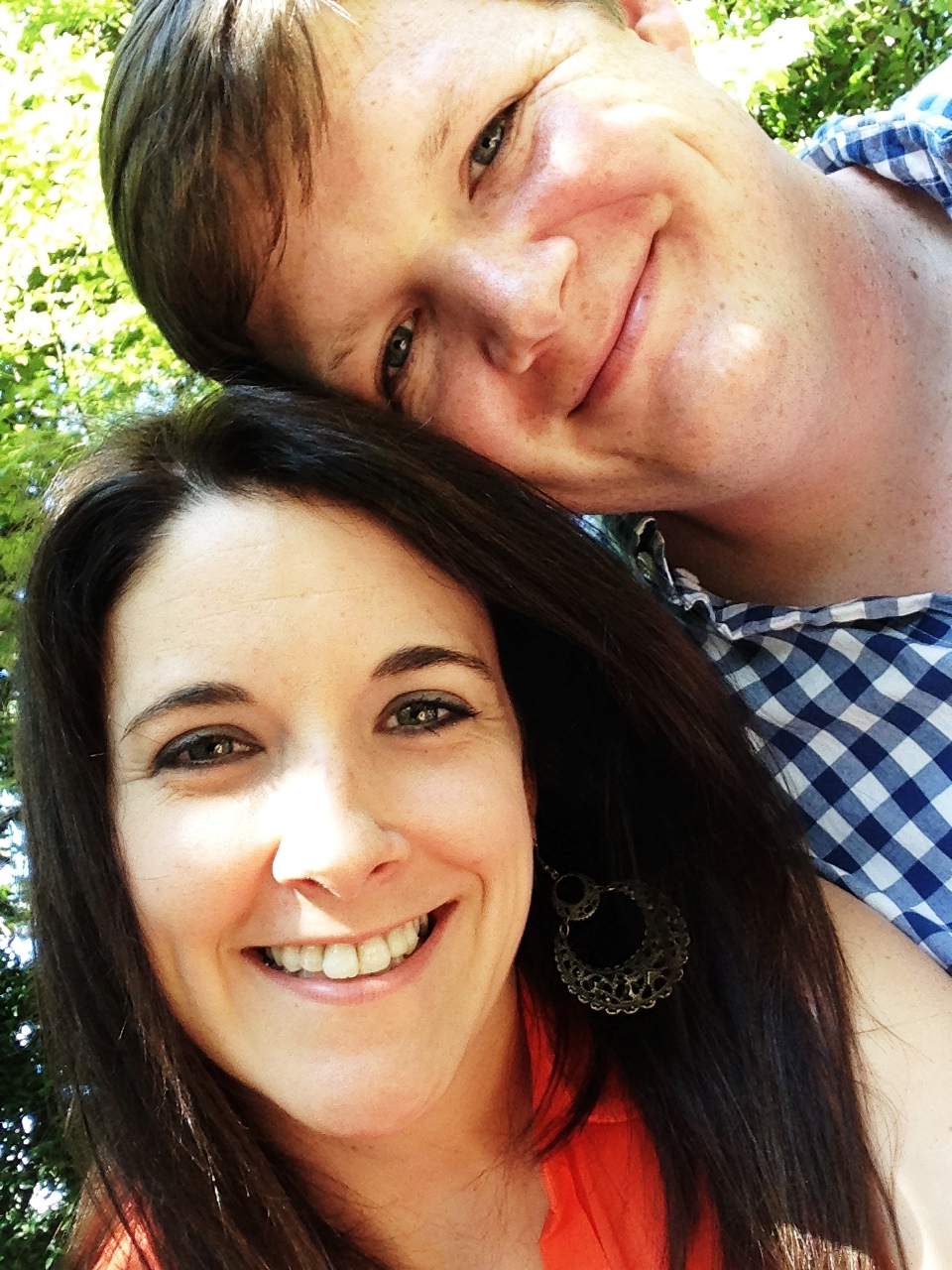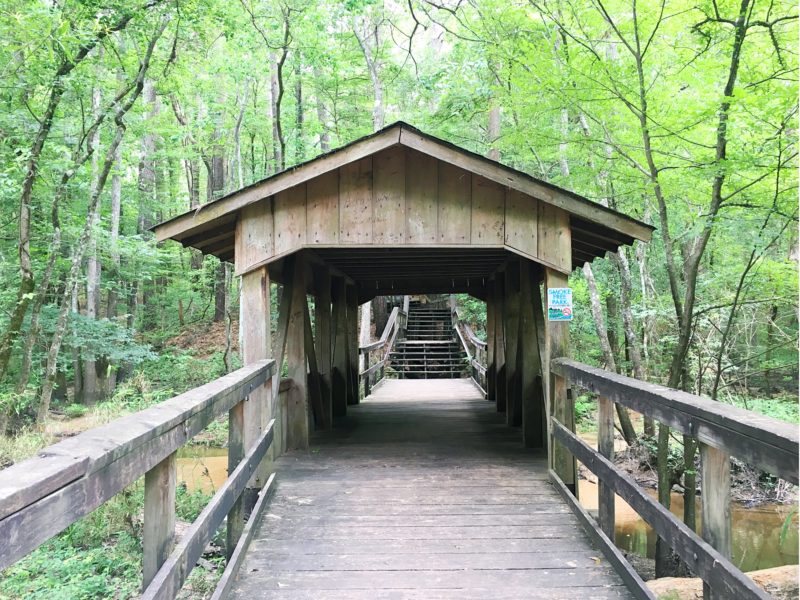 Sometimes you’re unexpectedly forced to think about the brevity of life. A young acquaintance dies much too soon, you’re faced with the fear of disease, or you read some heart-wrenching story. Most people continue on pondering the fleetingness of life only for a moment. I, however, end up thinking about this stark realization for much, much longer. Sometimes I’d say it even consumes me.
Sometimes you’re unexpectedly forced to think about the brevity of life. A young acquaintance dies much too soon, you’re faced with the fear of disease, or you read some heart-wrenching story. Most people continue on pondering the fleetingness of life only for a moment. I, however, end up thinking about this stark realization for much, much longer. Sometimes I’d say it even consumes me.
Of course, we all know that “life is short” and we should “enjoy the moment” or “treat every day like it’s your last.” And yet, days come and go with us focused on the monotony of daily life. We get stuck in our routines and forget to look up from our well-traveled paths. We sleep and wake without doing even one thing that’s special during the day. Without telling even one person how wonderful they are. Weeks pass and then months, and next thing you know, years have seemingly flown by and you’re still in the same spot you were the last time you looked up. You’re still taking the same vacations, driving the same routes to work, and talking to the same people. While I understand that not everyone shares my grand sense of adventure, I can’t help but wonder – is this monotony what people want? Is a string of years unchanged or absent of variety what people truly desire?
Whether this be the case of not, when I’m caught in that moment of realizing how truly short life can be, I quickly evaluate my own life. Would I worry about what I’m worried about today if this were the end? What would I do today? Would I spend my day cleaning baseboards or would I paint or read? Would I go to the park for one last walk on my favorite trails? Unfortunately, we don’t usually get to plan this sort of thing. Most of the time we aren’t presented with a syllabus for life that shows us exactly what date on which the final exam will take place. We’re not given a course outline showing the progression of life. Instead, we can only hope that the culmination of our daily activities equal something we’ll be proud of in those last moments. And this is precisely why we’re often told to live in the moment and make the most of it.
Furthermore, I ponder – who would I want around me? Who is most important to me? So often – too often – I let the opinions of mere strangers cause me to worry. So often – too often – I let would I should do interfere with what I want to do. I worry and I make up stories when things happen around me that I don’t understand. If these were my last days, I’d find these things so trivial and unworthy of my attention.
Today, as I finish The Opposite of Loneliness I am forced to think hard about this fleeting life. Marina Keegan’s time here on Earth was so limited. She wrote such impactful things in her short life, not knowing in the slightest that her life would indeed be short. It forces me to think about what I’d do differently if I saw the end was near. And because of those thoughts, I’m forcing myself to do some things differently now. I am choosing to dig deeper when I feel worry. I’m choosing to let only those that really, really matter affect my mood. And I’m choosing to go after the things that I might be “waiting for.” All of these things are easier said than done and without a continual conscious effort, I too, will get caught up in that next email or the next “problem.” Without focus, I’ll get swept away in today’s struggles and today’s issues, forgetting the big picture at hand. Unless I do something extraordinary (which hopefully I will), today won’t even be remembered a year from now.
We all talk about time moving too quickly. One day we’re 15, dreaming about what we’re going to do in life. The next, we’re plucking gray hairs (or in my case letting them grow out) and watching grandchildren play in the yard. However, what if time doesn’t actually move that fast? I also just finished Essentialism and here’s an excerpt that really stood out to me regarding time.
“Recently Anna and I met for lunch in the middle of a busy workday. Usually when we meet for lunch we’re so busy catching each other up on the events of our mornings or planning the activities for the evening that we forget to enjoy the act of having lunch together in the here and now. So this time, as the food arrived, Anna suggested an experiment: we should focus only on the moment. No rehashing our morning meetings, no talking about who would pick up the children from karate or what we’d cook for dinner that night. We should eat slowly and deliberately, fully focused on the present. I was totally game for it.
As I slowly took my first bite something happened. I noticed my breathing. Then without conscious intent I found it slowing. Suddenly, time itself felt as if it was moving slower. Instead of feeling as if my body was in one place and my mind was in five other places, I felt as though both my mind and my body were fully there.
The sensation stayed with me into the afternoon, where I noticed another change. Instead of being interrupted by distracting thoughts, I was able to give my full concentration to my work. Because I was calm and present on the tasks at hand, each one flowed naturally. Instead of my usual state of having my mental energies split and scattered across many competing subjects, my state was one of being focused on the subject that was most important in the present. Getting my work done not only became more effortless but actually gave me joy. In this case, what was good for the mind was also good for the soul.”
These few paragraphs made me ponder whether or not life actually moves as quickly as we feel that it does. Maybe the increasing speed in which time seems to fly as we grow older is simply because of the manner in which we spend our time. When we divide our concentration and energy, time seems to fly by without allowing enough hours in the day. When we’re focused, however, time seems to pass more slowly. When we dedicate our time to what’s most important to us in that moment, we make the most of the time we have – whether it be mere months or an expanse of years.
I have to wonder – what would it look like if we lived each day only focusing on the important stuff and the important people? What if we remained focused and allocated our time only to our highest callings, rather than dividing our days such that we never feel content and time flies right past us without our consent? What would life look like then? Would more people reach the end with satisfaction? Could we live in a way that we’d be content if life was taken from us tomorrow?
I don’t quite know the answers to all of these questions, though I do know that as I ponder the brevity of life over the next several days, I’ll make better decisions. I’ll call attention to how precious my time is and I’ll allocate it as I see fit. Hopefully, I’ll let the trivial circumstances roll right by just as the hours seem to. I’ll be the first to admit that living with this mindset isn’t easy. And it’s far from simple. However, if we want this life that we’re given to really matter, I feel like we simply must treat it’s passing minutes with more care. No more worry over the trivial. No more fretting over what’s next. No more obsessing over how to do it all. My goal is to stop. All of it. I want to CHOOSE how I spend each minute, giving focus only to what truly matters to me. I intend to start small. I hope to be intentional today, and then tomorrow too. I’ll focus on this minute and this hour, until hopefully, I’ve developed a habit of culling and focusing on the big things, the important things. It’s so easy to get distracted, and yet life is SHORT. It’s fleeting and you never, ever know when it’ll be over. You won’t be able to negotiate for more time and you won’t be given a second chance. If we approached every to-do list item, every opportunity, and every relationship with this mindset, how grand could our lives be? I hope to find out, and I hope you will too.

 I did my first “currently” post here because I’d never done one and kind of liked them. Today I’m coming back at you with a second edition. Since we’re all friends here, (Right? We’re all friends??) I’ll be transparent and say that at 9pm last night I realized that I did not have Thursday’s blog post ready to go. *gasp!* And since I set a goal this month to get back to my Monday/Thursday schedule, I had to get something ready to go. Fast. Sooo….to distract from the embarrassment of my unpreparedness, let’s get on with it.
I did my first “currently” post here because I’d never done one and kind of liked them. Today I’m coming back at you with a second edition. Since we’re all friends here, (Right? We’re all friends??) I’ll be transparent and say that at 9pm last night I realized that I did not have Thursday’s blog post ready to go. *gasp!* And since I set a goal this month to get back to my Monday/Thursday schedule, I had to get something ready to go. Fast. Sooo….to distract from the embarrassment of my unpreparedness, let’s get on with it.

